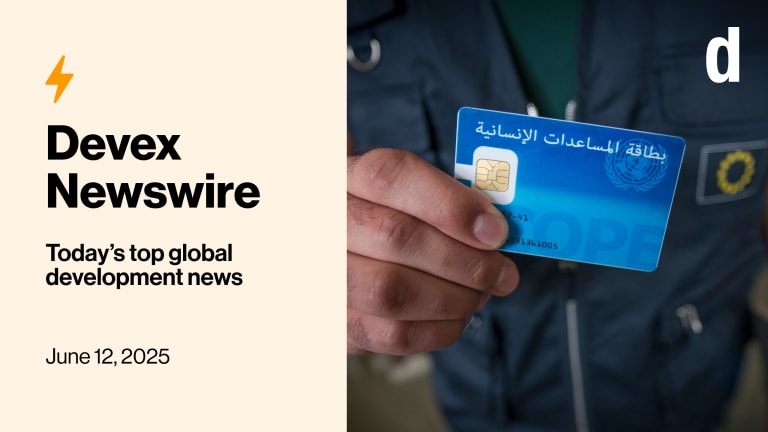For many young professionals, working at one of the world’s most prestigious development organizations might feel like a pipe dream. But the United Nations Young Professionals Program, which is now accepting applications, might just be the launch pad they need for an exciting and rewarding career in international development.
Known until 2010 as the National Competitive Recruitment Examination, YPP gives new talent the chance to join the U.N. system as international civil servants working across a variety of exciting fields and specializations or job families.
Under this recruitment initiative, applicants are screened for eligibility, then given an entrance exam. The first part is composed of a written test designed to measure the applicant’s drafting abilities, awareness of international affairs, analytical skills and substantive knowledge in the area of the position applied for. If the candidate makes it through the written test, he or she is invited to take part in the oral portion of the examination — a competency-based interview that gives the organization a clearer picture of their skills and attributes directly related to job performance.
This article is exclusively for Career Account members.
Unlock this article now with a 15-day free trial of a Devex Career Account. With a Career Account subscription you will get:
- Full access to our jobs board, including over 1,000 exclusive jobs
- Your Devex profile highlighted in recruiter search results
- Connections to recruiters and industry experts through online and live Devex events




